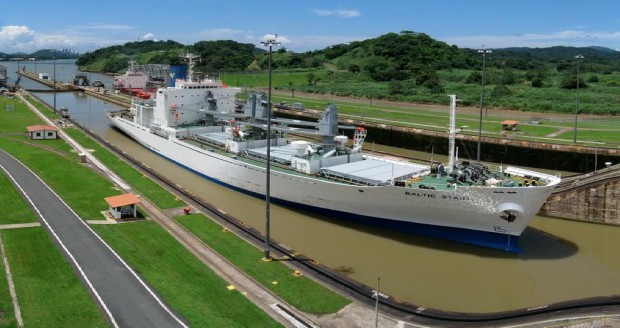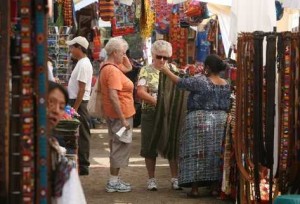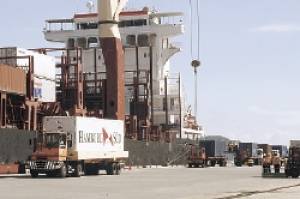Sandwiched between Nicaragua and Colombia, between the Caribbean Sea and the Pacific Ocean, Panama and Costa Rica certainly have a lot in common. Situated in the heart of Central America, these two small nations are both rich in culture and scenic beauty, making them wildly popular tourist destinations, attracting people from all over the world each year.
Then what is it that makes Panama City, according to America Economia, a prime business location over San Jose, Costa Rica? While both cities were ranked relatively high on the list of “Best Cities for Business in Latin America”, with Panama ranking seventh, and San Jose twelfth, what exactly was it that allowed Panama City to jump those five extra spots?
The answer lies in Panama’s economy, an economy prime for foreign businesses. Along with the fact that Panama has been a dollarized country for over 100 years, instantly making foreign investors feel more comfortable, Panama also has specific laws put in place to protect foreign investments.
A businessman himself, current President Ricardo Martinelli is behind many of the laws promoting foreign business and trade that have made Panama, economically, the fastest growing country in the Western Hemisphere.
Conducting business in another country can be a daunting task simply because you are working in a place with a different economic climate than your own. Yet while many countries tend to put up barriers, Panama has been working to demolish them. In Panama, foreign entrepreneurs are not only welcomed, but encouraged to purchase or open new businesses, and due to dollarization, Panama’s stable banking sector and USA-Panama free trade, foreign business owners will be more inclined to do so.
Panama has many advantages that make foreign businesses run exceptionally smooth. The Panama Canal, a 48 mile ship canal that connects the Atlantic Ocean to the Pacific Ocean, plays a vital role in regards to trade and global influx by allowing goods to be imported and exported at a significantly faster rate.

Near the Panama Canal entrance is the Panama Pacifico, a 1,400 hectare business ‘park’ built on what was once the United States Howard Air Force Base. Any business built within the park will be free from income taxes, import duties, real estate taxes, remittance tax, international calling tax, and dividend tax, making it an ideal spot.
Like Panama, Costa Rica’s official language is Spanish and much of their national revenue is fueled from trade and tourism. Unlike Panama, the national currency in Costa Rica is the colone, which gives Panama an immediate edge when it comes to conducting foreign business. Ranked twelfth on the list, which is still very respectable, the main reason Costa Rica fell short to its neighbor is because of its inaccessibility to foreign business in comparison.
While Panama welcomes foreign business with open arms, Costa Rica tends to keep them at arm’s length. According to the Small Business Administration in the United States, only half of all businesses will survive five years. Unfortunately in Costa Rica, the success rate is even lower. Why exactly is this?
At number seven and twelve on a list of forty-six cities, both Panama and Costa Rica have exceptional business climates for those considering opening a business in a breathtaking tropical environment. With thousands of tourists flocking to these cities each year to enjoy the luscious landscapes, exciting wildlife and Latin American culture, either city, according to America Economia, would be considered a wise selection. Yet between the two, Panama comes out on top. A dollarized country with a business-savvy President and laws tailored to promote foreign business and trade, Panama City is awarded the title of city with the best business climate.

Guatemalan tourism had a bad year in 2011. Tourist spent less and the country saw less revenue from foreign exchange earnings, according to preliminary information
The Panama 3 Count, where we bring you 3 Panama stories that you shouldn’t miss. 1: Top 10 Retirement Havens for 2013…Part 1 What are

Businessmen in El Salvador are increasingly unhappy about the absence of policies to attract foreign investment. Foreign direct investment has declined in recent years, making